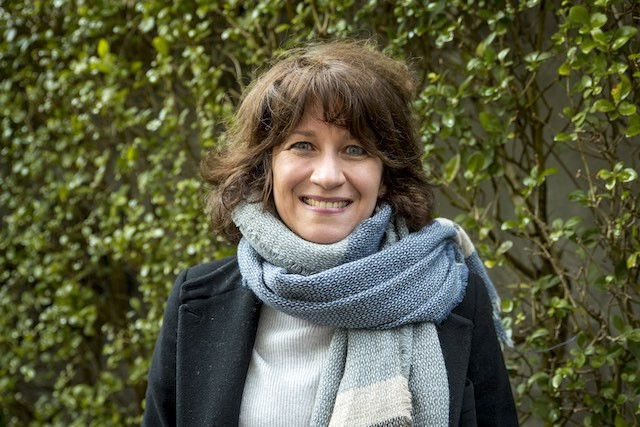“At the beginning it was a joke,” Jeff Thill, an English teacher, writer and one of the four founders tells Delano, “the more we thought about it, the more we saw the potential”.
Less than a year later the non-profit Black Fountain Press, named after Su-Mei Tse’s ink fountain at Mudam, is up and running and will see its first book published in May.
“I thought we would have a hard time finding people to give us stuff to publish, it’s actually the opposite,” Thill says, listing the submissions received before Black Fountain had even launched.
Given the growing importance of the English language in Luxembourg and the reluctance of publishers to go beyond the tried and tested market for German and French literature, the level of interest in Black Fountain should not be surprising.
“We talked to a lot of publishers… I think they feel somehow that publishing in English would require them to address a completely different audience which they felt out of touch with,” says Anne-Marie Reuter, another English teacher and co-founder. “But through our jobs and experiences with English, I think we’re more in touch with the English-speaking world.”
Black Fountain aims to publish original literary fiction by talented authors with a Luxembourg connection who “choose to express themselves in English”. The pair say they are open to all genres provided the work shows a level of excellence.
The second focus of the house will look at publishing English translations of works by established Luxembourg authors, to help increase their exposure internationally.
“Our ambitious hope is to put Luxembourg on a different map--not the global economic or political one--but the cultural and literary map of the English-speaking world,” she says.
The four founders, who also include editors Nathalie Jacoby and Laurent Fels, work entirely voluntarily on the project, but that does not mean they will stint on professionalism. Reuter says that one of their strengths will be in their meticulous editing, something which authors appreciate. “We’ve three PhDs between us and are used to looking at work quite thoroughly and going through them again and again. This is a service we would like to offer.”
The founders put their hands in their own pockets to finance startup costs and it is hoped that funding from places like Luxembourg’s culture ministry will be found later to cover printing. But none of them expects to get rich from the venture. “If we’re lucky we can even out costs after publishing. For the moment, it would be very optimistic to make a profit. The market is not big enough!” says Thill.
In a way, that is nice, Reuter suggests. “We do this out of a passion for literature and we don’t depend on it for our income. That’s a luxury. It also means it is down to us how many novels or poetry collections we publish in a year.”
This article was first published in the April 2017 issue of Delano magazine. Be the first to read Delano articles on paper before they’re posted online, plus read exclusive features and interviews that only appear in the print edition, by subscribing online.
